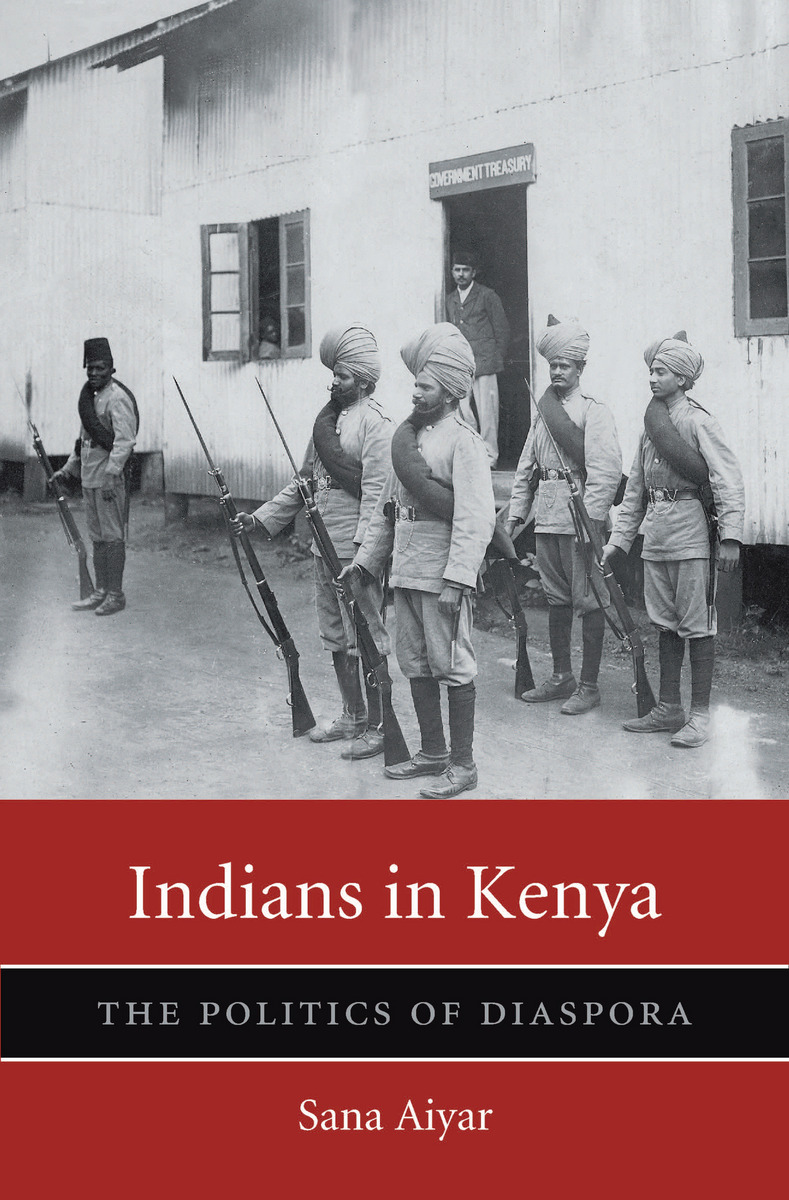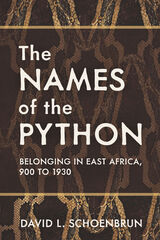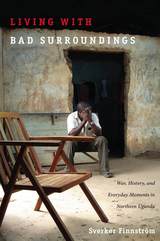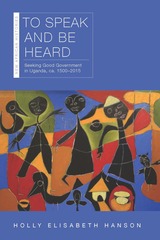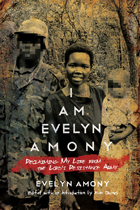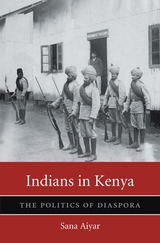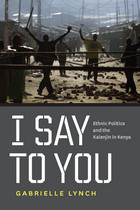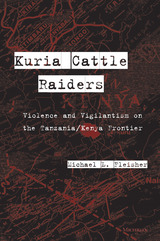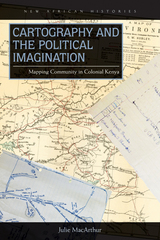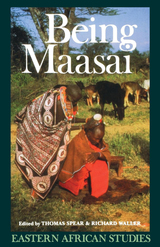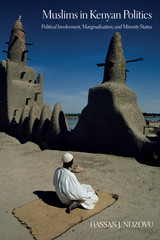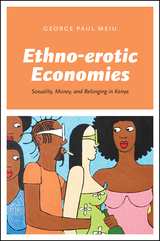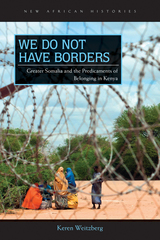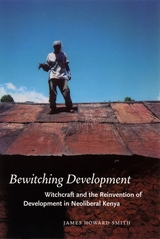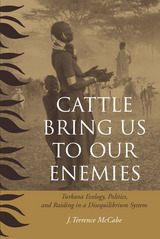All chapters come alive not merely with interesting facts but with a wealth of details about the key players, their backgrounds, achievements, trials and tribulations. The extensive archival consultations by the author in three continents and her professionalism as a historian and historiographer stand out. The copious, chapter-wise notes constitute invaluable reference material… Sana Aiyar’s is a fair and empathetic account of the sojourn of the Indian diaspora in Kenya… It is rarely that one comes across a book by a specialist in one discipline that is so accommodative of the other perspectives. The book not only blends rigorous historiographic study with deep insights into diasporic consciousness but also sets the bar very high for future scholarship and writing on such topics. Every other theatre of Indian migration that the author refers to (Fiji, Mauritius, Natal, Burma, Malaya and the Caribbean, p.4)—not to mention the Gulf and Sri Lanka—deserves such a book. It will not be easy to write one anywhere near as compelling but we must hope that this book inspires many young scholars to take that up as a challenge.
-- S. Krishna Kumar The Hindu
Aiyar captures the complexities and multiple layers of the narratives on Indians in Kenya… Persuasive, extensively researched, eloquently written and well packaged, Indians in Kenya should invite all of us to rethink our concerns with marginality.
-- Godwin Siundu Daily Nation
An important new book… Aiyar delves deeply into the Kenyan, British and Indian archives to give us a vivid and compelling account of the currents and cross-currents in modern Kenyan politics. Her combination of meticulous research with a gift for lucid exposition ensures for this work a wide academic as well as general audience. This book is essential reading for anyone interested in the history of the Indian diaspora or modern Kenya.
-- Chandrashekhar Dasgupta Indian Express
The question of where immigrants belong, their citizenship claims, and their affiliation or allegiance with their host or country of origin is a constant source of friction. Historian Aiyar captures the dynamic and changing political and economic fortunes of Indian settlers in Kenya from the precolonial to the postcolonial era. Six captivating chapters full of in-depth archival research in London, Oxford, Nairobi, and Delhi examine the different trajectories Indian immigrants faced from their collaboration as part of the British ‘subimperialist colonizers’ in 1895 to their ‘voluntary exodus’ from Kenya as non-citizens in 1968. Aiyar highlights the dilemma in which the Indians entangled themselves. Though they envisaged themselves as ‘agents of modernity equal to the Europeans’ and enjoyed the lived ‘reality of colonial privileges,’ both ‘black and brown’ ranked lower in British racial hierarchy. However, the gulf between Indians and Kenyans widened over Indian claims of their ‘civilization difference from Africans,’ their interpretation of what nationhood meant, and the desire of independent Kenyans to reduce Indians to the untenable status of ‘permanent immigrants.’ This book is a serious attempt to look at what immigration entails.
-- Z. N. Nchinda Choice
Elegantly written and richly researched, this book traces the manifold layers that make up the connective tissue between Kenya and India. In a stylish narrative with a compelling cast of characters, this book expands the scale of colonial history and decolonization, reconfiguring East Africa, South Asia, and the Indian Ocean world in a wonderful instance of transnational history.
-- Isabel Hofmeyr, author of The Portable Bunyan: A Transnational History of The Pilgrim’s Progress
Based on intrepid research in multiple archives, Indians in Kenya deftly brings to light the full range of economic roles, social adjustments and political choices of a South Asian diaspora in the age of anti-colonial nationalism and its post-colonial aftermath. Equally attentive to travels by sea and settlements on land, Sana Aiyar’s transnational exploration makes original contributions to South Asian, African, and Indian Ocean history.
-- Ayesha Jalal, author of Partisans of Allah: Jihad in South Asia
